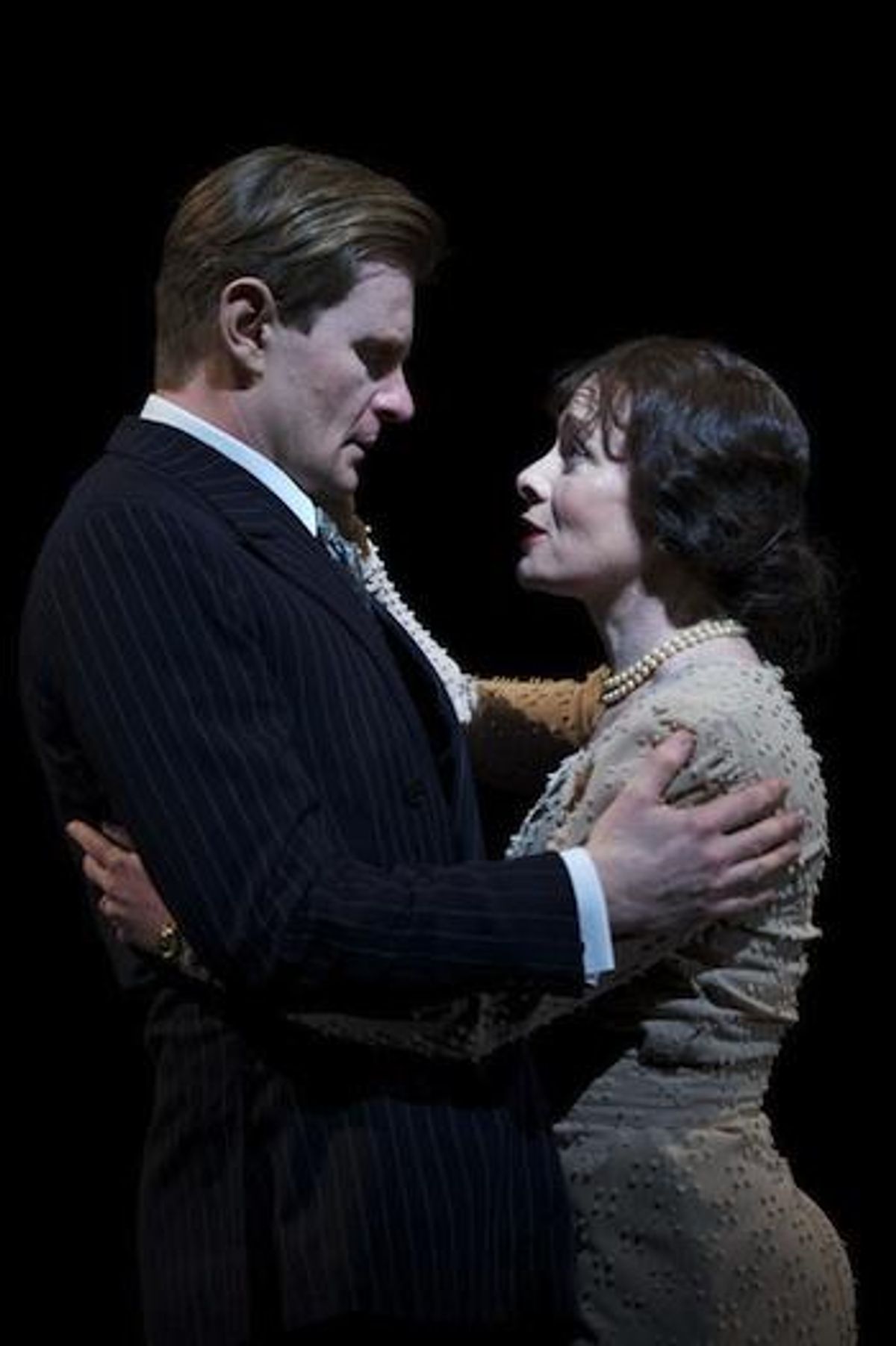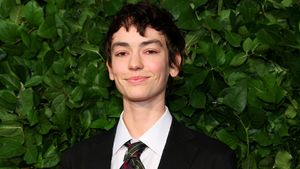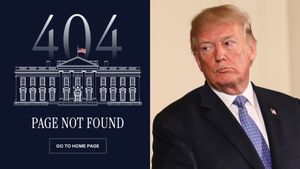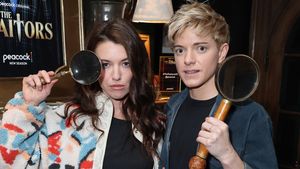It's not that the play is too faithful to the film. In fact, the stage play was written before the film came into being. The problem is that we all saw the film first, and now the play seems relatively under- produced.
Any actor who is facing worldwide comparison to Colin Firth deserves support for a good effort. The audience at the Wyndhams Theatre in London propped him up the evening I attended (March 26), but Charles Edwards wasn't convincing in return. His King George VI seemed neither as pitiable nor as lovable as Firth's, as if he were doing an imitation of Firth's acting rather than acting the role organically. His stammering struggles with Hamlet's "To be or not to be" speech are paralleled in the big question of the play: "Does a king own his country, or does his country own him?"--just exactlyas they are in the film.
Most of the lines from all the actors, not just Edwards, echo those in the film down to the inflections and tone. This works well for the laugh lines (e.g., Q: "What's wrong with her?" A: "She's American.") but such attempts at duplication come off as amateurish with dramatic moments, such as in Bertie's speech about his wife: "Poor deluded creature, she believes in me" or his flat statement about a trauma-inducing nanny: "She didn't feed me." Mimicry isn't acting, and without the pauses that let an audience, and actor, respond to what's spoken, the words lose effect.
Most scenes between Edwards and Jonathan Hyde (speech therapist Lionel Hogue) were rushed, so that instead of the tension building as the two men negotiate the class and power differential, the emotion never gets going. The pacing improved in the final scenes, and it's to be hoped that further performances will be similarly sensitive throughout.
There's more excitement in the parallel, interactions between the second-male leads, Archbishop of Canterbury (charmingly named Michael Feast) and Winston Churchill (Ian McNeice). Blooms of smoke rising on both domestic and political sides of the revolving stage suggest the parallels between the developing war story and the hazy communicative strategies employed by the royal family. McNeice's bulk adds humour to his character part, and he's energetic and emphatic in his denunciation of royal stupidity, but a slightly wooden effect emerges as he's playing the part of an historical figure whose facial expression never changed. Still, he's a good, fat foil for Feast's bitchy, skinny Archbishop.
Both actors struggle to enliven characters doomed to uninspired staging: they're presented as talking heads in black-from-the-neck down costumes. The frequent scene changes in the first half were nothing short of dizzying from the balcony, because of the use of a revolving-wheel stage that moves too fast, too frequently.
Charlotte Randle (Myrtle Logue) gives the standout performance: her crackling, often funny scenes pass too quickly. Her Australian accent is spot-on and her performance as the refusing-to-be-downtrodden wife gives the play some needed brilliance. Her simple subplot--she wants to return home "Down Under," and Bertie does not - is engaging and unexpectedly amusing.
An oddity imported from the movie script: as the royal brothers speak to each other, they make a grammatical error. David: "It sounds like you've been reading our constitution." Bertie: "It sounds like you haven't." Possibly we're meant to assume that even the impeccably educated sometimes use casual forms of speech, or maybe the proper adverb, "as if," simply seemed unwieldy for modern audiences.
This performance rarely moves beyond the spoken word. In a play about communication, the actors seem not to be listening to each other.
The King's Speech at Wyndams Theatre, through July 21.




















































































